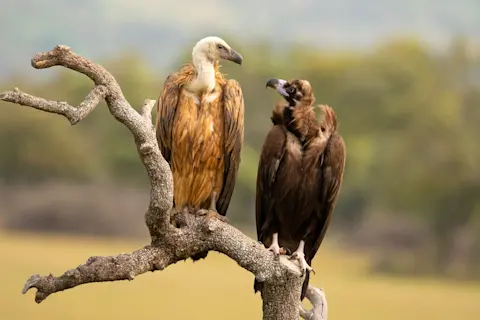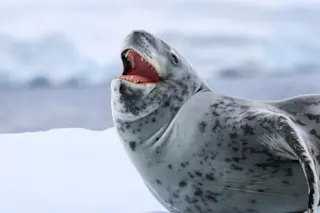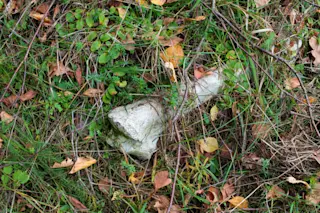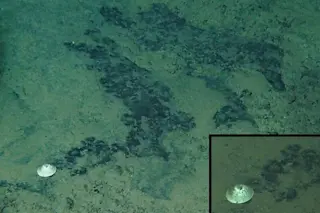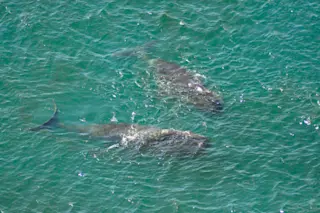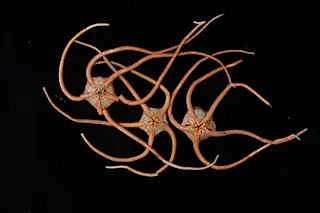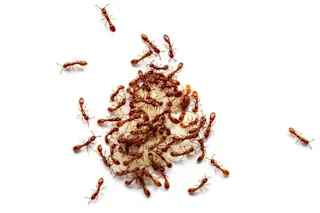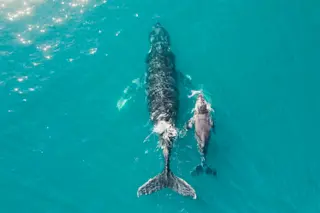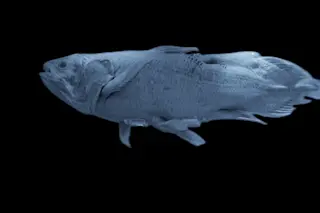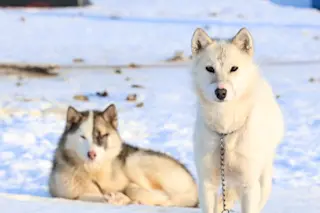Vultures often get a bad rap, but they play a vital role. You can think of this bird of prey as one of nature’s garbage collectors — devouring carcasses and other animal matter, mopping up potentially harmful pathogens in the process.
The problem is that populations of vultures and other apex scavengers are declining worldwide. In fact, approximately 36 percent of global scavenger populations are either threatened or in decline. According to researchers writing in the Proceedings of the National Academy of Sciences of the United States of America, this is not just a disaster for biodiversity – it could spell trouble for public health.
“There is this prejudice that these scavengers – vultures and hyenas and the like – are nasty animals and that we should get rid of them, but they are important not only for the functioning of ecosystems, but also for human well-being,” senior author Rodolfo Dirzo, the Bing Professor in Environmental Science and professor of biology at Stanford’s School of Humanities and Sciences, said in a press release.
Necessary Apex Scavengers
In the 1990s, India experienced a drop in vulture populations thanks to the use of diclofenac, a veterinary drug used to treat livestock. The result? Feral dogs filled the vacuum. According to estimates, this led to an additional 39 million dog bites and an additional 48,000 deaths from rabies between 1992 and 2006. It was only in 2006, when the Indian government banned the drug, that vulture populations began to replenish.
This story highlights the key role apex scavengers play in keeping pathogens at bay. Other studies have shown the important role eagles play in cleaning up elk miscarriages in Wyoming and preventing brucellosis bacterial infections in elk herds as a result. However, the examples continue to multiply.
Read More: How to Coexist with Coyotes in Your Neighborhood
Scavengers are Declining, with Exceptions
To find out the impact a loss of scavengers like vultures and eagles might have on human health, Dirzo and his team analyzed 1,376 scavenger species, large and small. This included animals from all five classes of vertebrates (mammals, fish, amphibians, reptiles, and birds), ranging from lions and tigers to the lesser-known pond turtle.
The researchers utilized databases, such as the International Union for Conservation of Nature’s Red List of Threatened Species, and previous studies to determine the population status of different species and the factors affecting them.
The results suggest that more than a third (36 percent) are threatened or facing population declines. This is thanks to a deadly combination of habitat loss, intensive pastoral agriculture, and the wildlife trade. However, not all scavengers are facing such existential threats – in fact, smaller species such as rats are “thriving” thanks to a combination of increased food supplies and fewer predators.
“Scavengers are in decline, but it’s not homogeneous. It is particularly the large and specialized ones. At the same time, this allows space for the smaller scavengers, which are problematic because they are themselves sources of zoonotic diseases. They are also not capable of compensating as they cannot consume as much carrion.”
Already, millions of people are killed by zoonotic diseases every year. The researchers warn that losing our scavengers could add significantly to this number and warn that tackling threats to scavengers is “critical.”
“We’re starting to understand exactly how we depend on each individual species,” first author Chinmay Sonawane, a doctoral student at Stanford’s School of Humanities and Sciences, said in a press release. “I think as we become more aware of these connections, we're going to be more inclined to protect these species, because, in turn, we are ultimately protecting our health.”
Read More: Vulture Extinction Could Unleash Deadly Diseases on Wildlife and Humans
Article Sources
Our writers at Discovermagazine.com use peer-reviewed studies and high-quality sources for our articles, and our editors review for scientific accuracy and editorial standards. Review the sources used below for this article:
Proceedings of the National Academy of Sciences of the United States of America. Global decline of apex scavengers threatens human health
